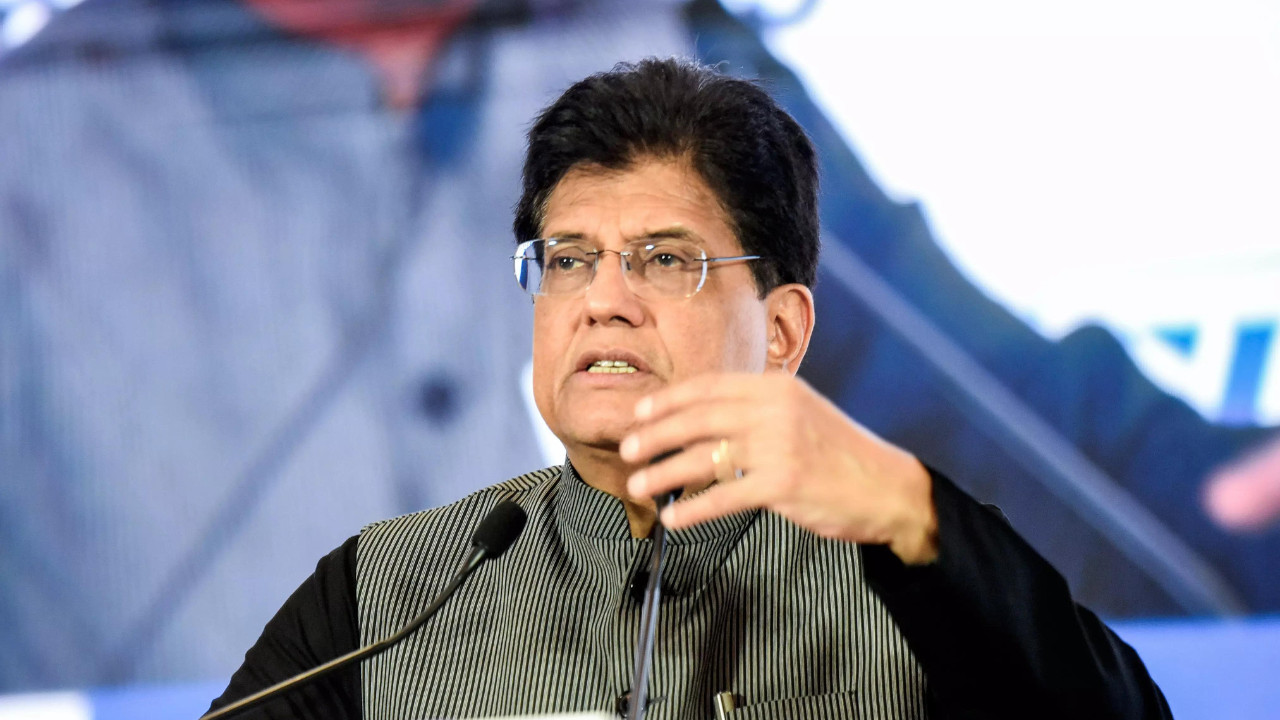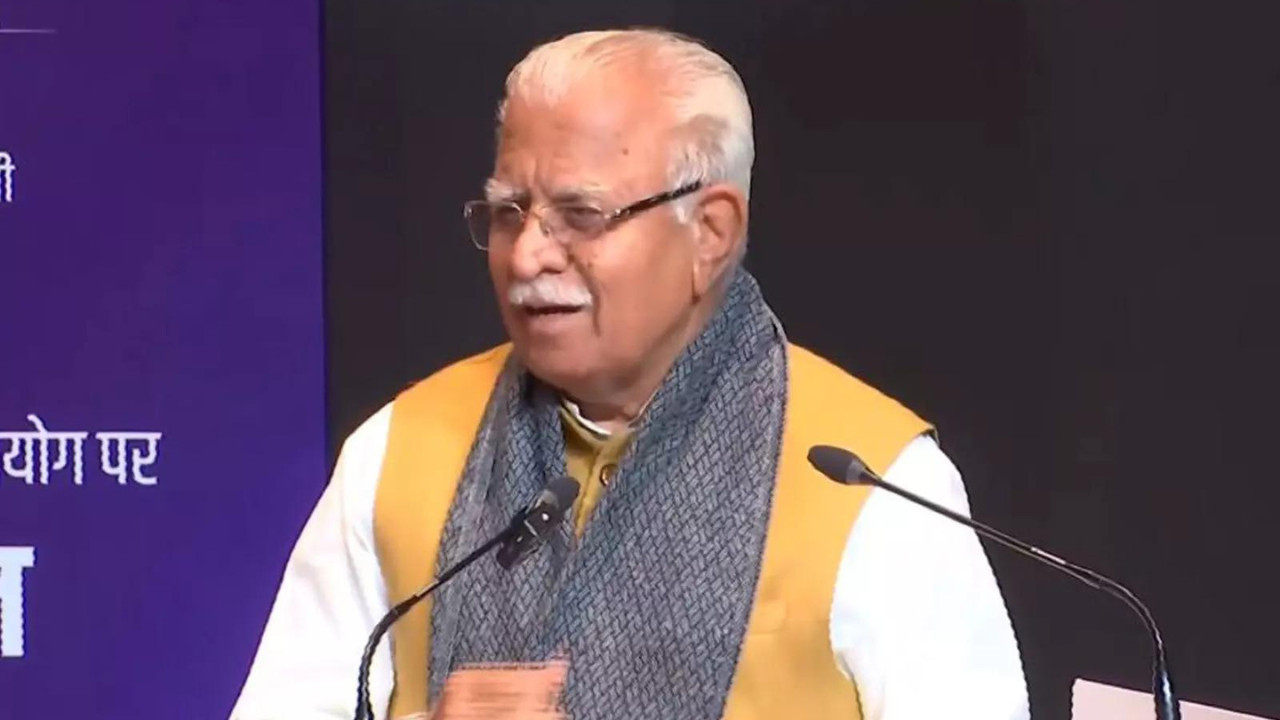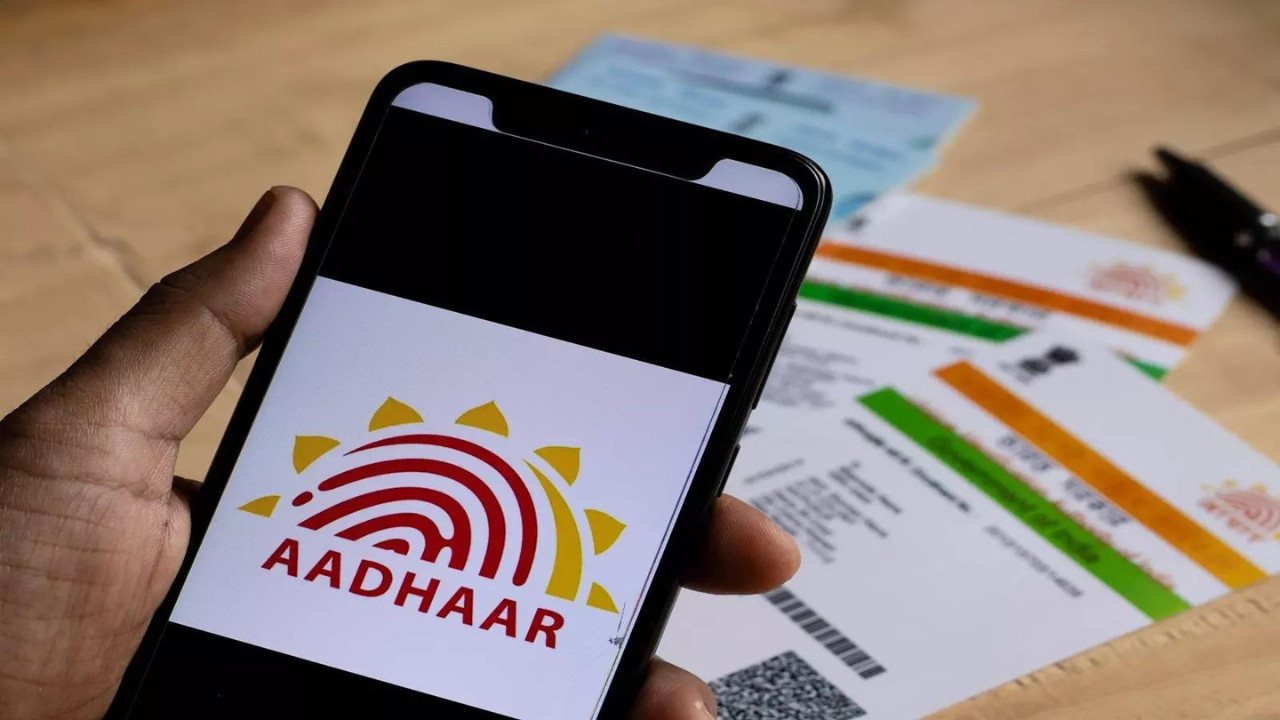The Central Consumer Protection Authority (CCPA) has penalized Rapido with Rs 10 lakh for misleading advertisements promising ‘Guaranteed Auto in 5 mins or get Rs 50’. The CCPA’s order demands immediate discontinuation of the ads and compensation of Rs 50 to affected consumers. Complaints revealed consumers received only Rs 5 in Rapido coins redeemable for bike rides, not prominently disclosed.
Rapido Rides into Regulatory Rough Waters: A ₹10 Lakh Fine
The ride-hailing app, Rapido, known for its ubiquitous bike taxis zipping through India’s congested streets, has found itself in a bit of a legal tangle. The Central Consumer Protection Authority (CCPA) recently slapped a ₹10 lakh penalty on the company, citing misleading advertisements and unfair trade practices. This isn’t just a slap on the wrist; it’s a strong signal that consumer protection is taking center stage, even in the fast-paced world of digital startups.
But what exactly did Rapido do to warrant such a hefty fine? Let’s unpack the situation. The CCPA’s investigation centered around several key issues. The core concern revolved around Rapido’s advertising campaigns, specifically those promising significant cost savings compared to traditional auto-rickshaws. The CCPA argued that these claims were not only unsubstantiated but actively misleading, potentially luring consumers under false pretenses.
Imagine being promised a cheaper ride, only to find the fare considerably higher than anticipated. That’s the kind of frustration the CCPA aimed to address. This isn’t simply about a minor price discrepancy; it’s about building trust between consumers and service providers. When that trust is broken through misleading advertising, regulatory bodies step in to ensure fair play.
Beyond the advertising claims, the CCPA also scrutinized Rapido’s operational practices. Issues like surge pricing, cancellation policies, and the lack of clear grievance redressal mechanisms came under the scanner. Consumers often found themselves struggling to navigate these complexities, especially when facing unexpected charges or unresolved complaints.

Understanding the Implications of the Rapido Fine
This fine isn’t just about Rapido; it reflects a broader trend of increased regulatory scrutiny on the burgeoning gig economy. As more and more services migrate to digital platforms, regulators are playing catch-up to ensure that consumer rights are adequately protected in this new landscape. Companies can’t afford to operate with a “move fast and break things” mentality, especially when it comes to consumer well-being.
The CCPA’s action highlights the importance of transparent and honest marketing practices. Companies need to be able to back up their claims with data and avoid making promises they can’t keep. Furthermore, robust customer support systems are crucial for addressing grievances and building long-term relationships with users. A frustrating customer experience can quickly translate into negative reviews and a damaged reputation, which is particularly damaging in today’s social media-driven world.
This event serves as a cautionary tale for other ride-hailing services and indeed, all companies operating in the consumer space. The regulatory environment is evolving rapidly, and businesses must adapt to maintain compliance and avoid similar penalties. Investing in clear communication, fair pricing practices, and efficient customer service is not just about avoiding fines; it’s about building a sustainable and ethical business model.
What does this mean for Consumers?
For consumers, this development is a positive sign. It demonstrates that regulatory bodies are actively working to protect their interests and hold companies accountable for misleading practices. It also encourages consumers to be more vigilant and informed when choosing services, demanding transparency and fair treatment from providers.
Furthermore, this incident could potentially lead to improved services across the board. Companies might be more inclined to offer greater clarity in pricing, ensure a reliable grievance mechanism, and refrain from making deceptive promises in their marketing campaigns. Ultimately, this creates a better and more trustworthy experience for all consumers.
This case is not an isolated incident, it mirrors similar actions taken against other players in the e-commerce and service sectors. See how the CCPA is also working to address issues of dark patterns in online interfaces, potentially impacting how all websites and apps are designed.
The Road Ahead for Rapido and the Ride-Hailing Industry
Rapido, for its part, now faces the challenge of rebuilding trust with its user base. The company will likely need to review its advertising strategies, pricing policies, and customer service protocols. This could involve implementing more transparent pricing structures, enhancing its customer support channels, and ensuring that its marketing materials are factually accurate.
The CCPA’s action serves as a wake-up call for the entire ride-hailing industry. Companies need to prioritize consumer well-being and ethical business practices to thrive in the long run. This involves not just adhering to legal requirements but also fostering a culture of transparency, fairness, and accountability. While navigating India’s dynamic transportation sector can be tricky, building consumer trust is an essential cornerstone to long-term success. This recent fine underscores the importance of prioritizing responsible growth over aggressive expansion.







